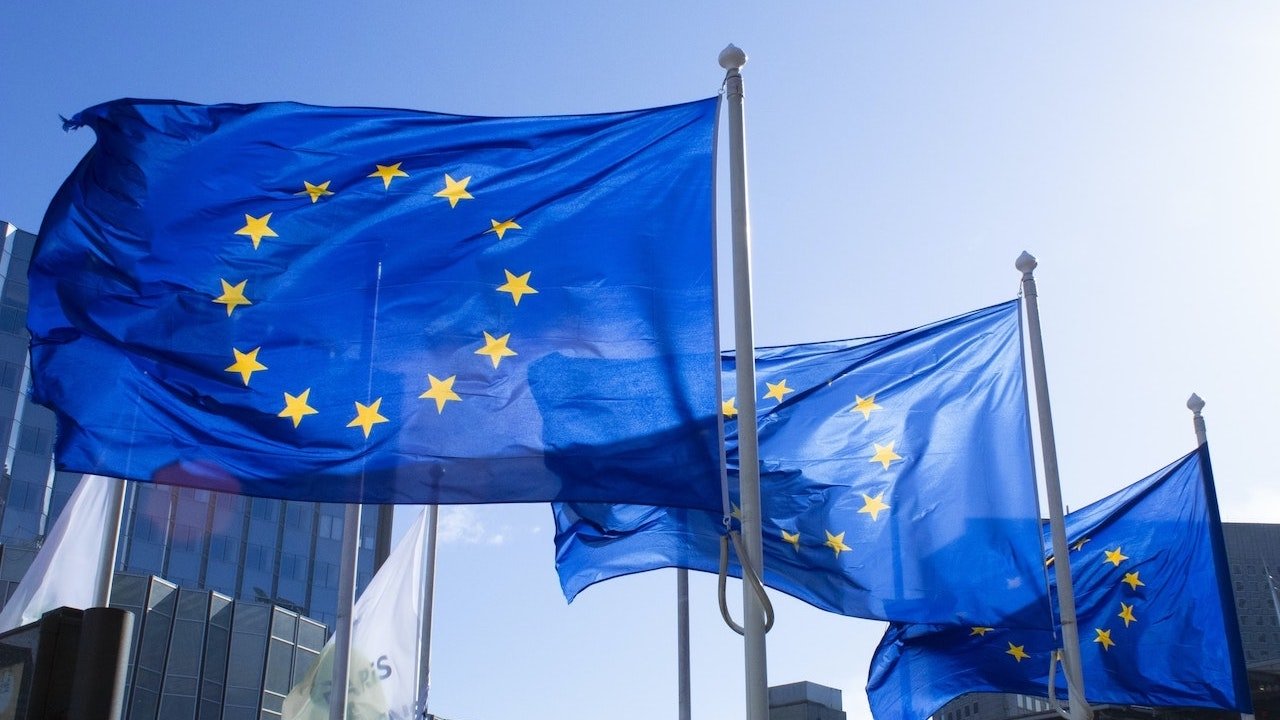European media and technology companies have signed a letter stating that tech giants such as Apple, Amazon, Google, and Microsoft have neglected their obligations to comply with the EU's Digital Markets Act.
Those who have signed the letter express concerns that tech giants aren't "engaging in a dialog with third parties or have presented solutions falling short of compliance" with the European Union's Digital Markets Act (DMA).
The signatories "urge the European Commission and the European Parliament to use all within their power to ensure that the gatekeepers comply with both the letter and spirit of the DMA, starting from 7 March 2024."
Currently, 24 companies that have signed the letter, according to CNBC, including:
- Adevinta
- Allegro
- Billiger.de
- Ceneo
- CompareGroup
- Ecosia
- Element
- Favi
- Heureka Group
- Idealo
- Kelkoo
- Ladenzeile
- Le Guide.com
- OLX
- Open-Xchange
- Panther Holding GmbH
- Preis.de
- Prisjakt
- Proton
- Qwant
- Runnea
- Schibsted
- Solute
- Vipps
The Digital Markets Act (DMA) of the European Union is a series of regulations aimed at big tech "gatekeepers." Any large company with a monthly total of 45 million active users in Europe and at least 75 billion euros ($80 billion) in market capitalization is labeled a "gatekeeper."
Currently, there are six companies labeled as gatekeepers, including Apple, Amazon, Google, Meta, Microsoft, and TikTok's parent company, Bytedance.
These laws aim to ensure fair competition by restricting the priority a company can give its own first-party services. Gatekeepers are expected to comply with the regulations by March 7. Failure to comply with the DMA rules could trigger an EU investigation, which might lead to "behavioral or structural remedies."
According to the DMA, companies that act as gatekeepers must ensure fair competition by providing equal opportunities to their competitors' products and services. This means that Apple, for instance, would have to allow third-party app stores and side-loading apps on iPhones. Additionally, Apple would be obliged to permit developers to use third-party payment systems instead of mandatorily using the one provided by Apple.
In November, Apple drafted an appeal against the DMA, arguing that it should not be required to allow alternative app marketplaces on its devices.
The Cupertino-based tech giant later accused the European Union of incorrectly assessing how many app stores it had — clarifying that it has five app stores, not one.
In September, Apple received a temporary exemption from the DMA. The company claimed that its messaging service, iMessage, was not large enough to qualify as a gatekeeper service. EU regulators are now investigating whether the DMA applies to iMessage or not.
 Amber Neely
Amber Neely







-m.jpg)






 Charles Martin
Charles Martin
 Christine McKee
Christine McKee
 Wesley Hilliard
Wesley Hilliard
 Malcolm Owen
Malcolm Owen
 Andrew Orr
Andrew Orr
 William Gallagher
William Gallagher
 Sponsored Content
Sponsored Content








11 Comments
“Technology companies”
Remarkable how far behind the EU has fallen behind
I find it gives me a tiny sliver of joy that Apple doesn't get a free pass in the EU like they do in the US.
I know it's wrong to think like that, but it feels so hilarious.
"Big Company won't let me use the intellectual property, technology, and infrastructure they've spent millions of dollars and man-years developing for free" is not anti-trust, you fascist pukes.
Never heard of any of those companies. Are they ad networks, per chance, or do they have other hustles?